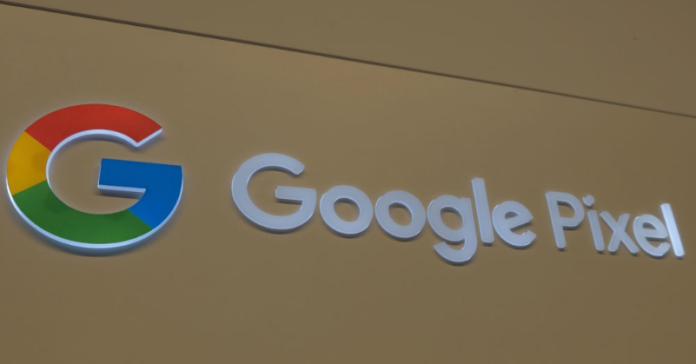
It’s a query that has ricocheted throughout tech discussion boards and living rooms in equal measure: If “soon” means holding out until 2026, what in the world are iPhone users supposed to do until then? Google’s newest Pixel 10 teaser, accompanied by the unmistakable rhythm of Dr. Dre, not only jokes about Apple’s AI setbacks it reveals a seismic shift within the smartphone AI game, one that’s rewriting expectations about what our digital assistants should offer.
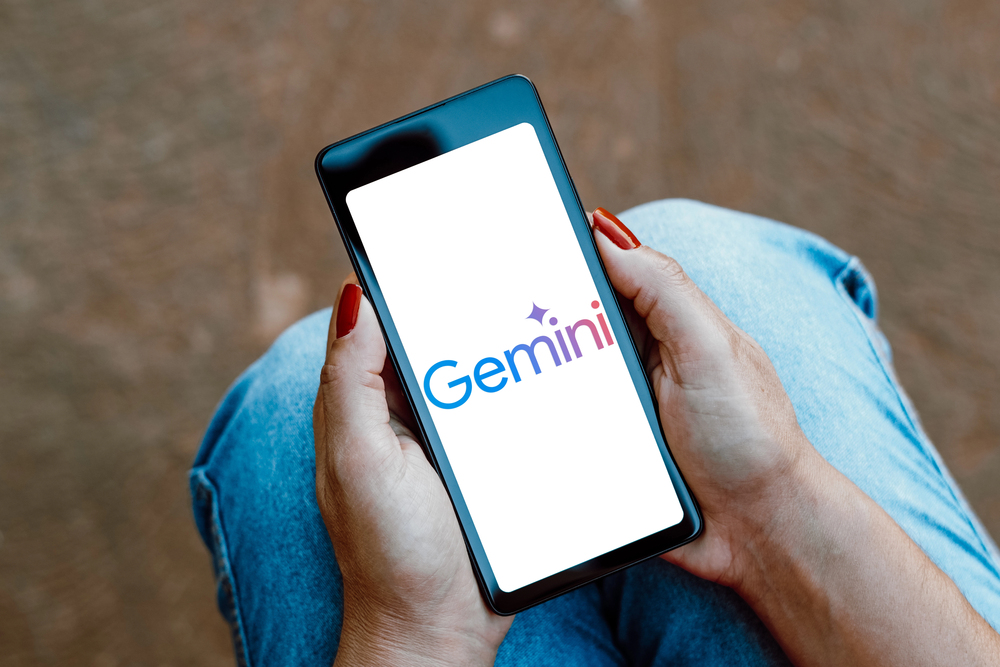
1. The AI Assistant Arms Race: Google Gemini vs. Apple Siri
The battle for the AI landscape has never been fiercer. Google’s Gemini, now at the heart of the Pixel 10 experience, is already active and managing tasks that Apple’s highly touted Siri revamp won’t experience until 2026. Apple’s initial promise, first revealed at WWDC 2024, was bold: a Siri that can integrate personal context, on-screen awareness, and in-app actions with ease.
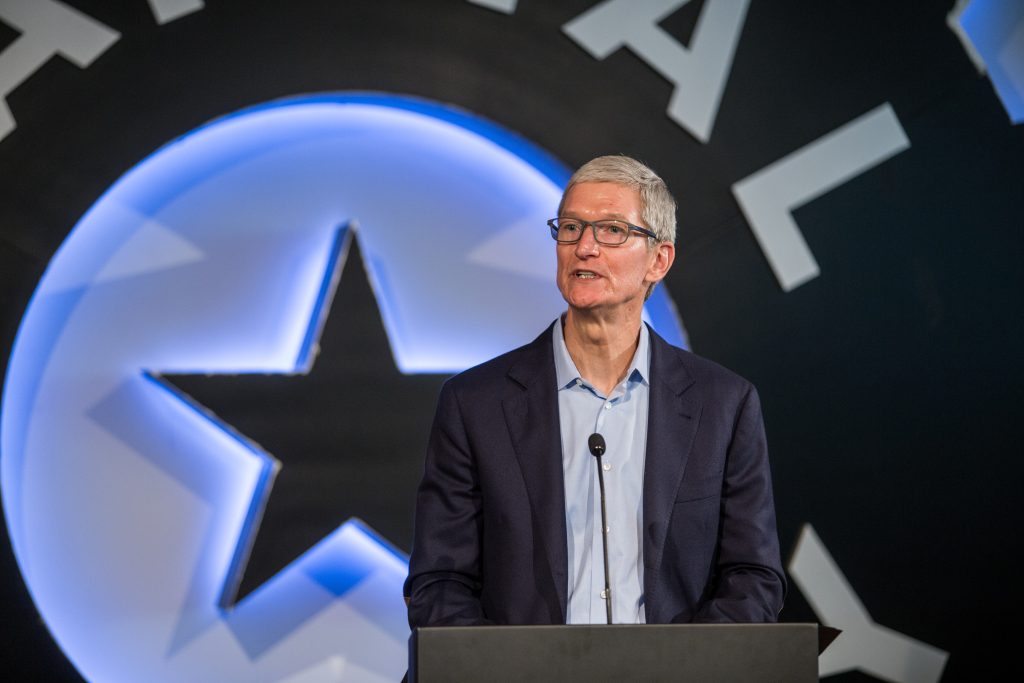
However, as Apple CEO Tim Cook admitted, “It’s going to take us longer than we thought to deliver on these features and we anticipate rolling them out in the coming year.” The consequence? Apple’s AI-powered Siri enhancements are officially behind schedule, and Google isn’t letting it pass without emphasizing its own head start.

2. Google Pixel 10: Hardware Built for AI
Under the hood, the Pixel 10 line is engineered for AI from the silicon up. The new Tensor G5 chip, fabricated on TSMC’s advanced 3nm process, is Google’s first fully in-house design, promising substantial gains in performance and efficiency over its predecessors. This leap isn’t just about speed it’s about enabling on-device AI processing, which is crucial for features like Gemini’s real-time context awareness and privacy-preserving operations. The Pixel 10 also introduces Qi2 wireless charging, with magnets built in for perfect alignment, and a larger battery to support more demanding AI workloads. As one analyst observed, “Gemini can process large queries involving email, calendar, and document context faster than Siri can complete even basic cross-app tasks” (Digital Trends, 2024).

3. Gemini’s Capabilities: Multimodal, Proactive, and Contextual
Gemini’s evolution from Bard to a full-fledged AI assistant is marked by its ability to handle text, images, audio, and even code. It’s not just a chatbot it’s a productivity engine, able to summarize documents, draft emails, analyze data, and generate creative content. Its on-device “Pixel Sense” (or Magic Cue) assistant quietly offers relevant information or shortcuts based on what’s on your screen, streamlining daily tasks without user prompts. For power users, the integration of Gemini with Google Workspace puts real-time collaboration, sophisticated document editing, and intelligent reminders a voice command away (see feature comparison).
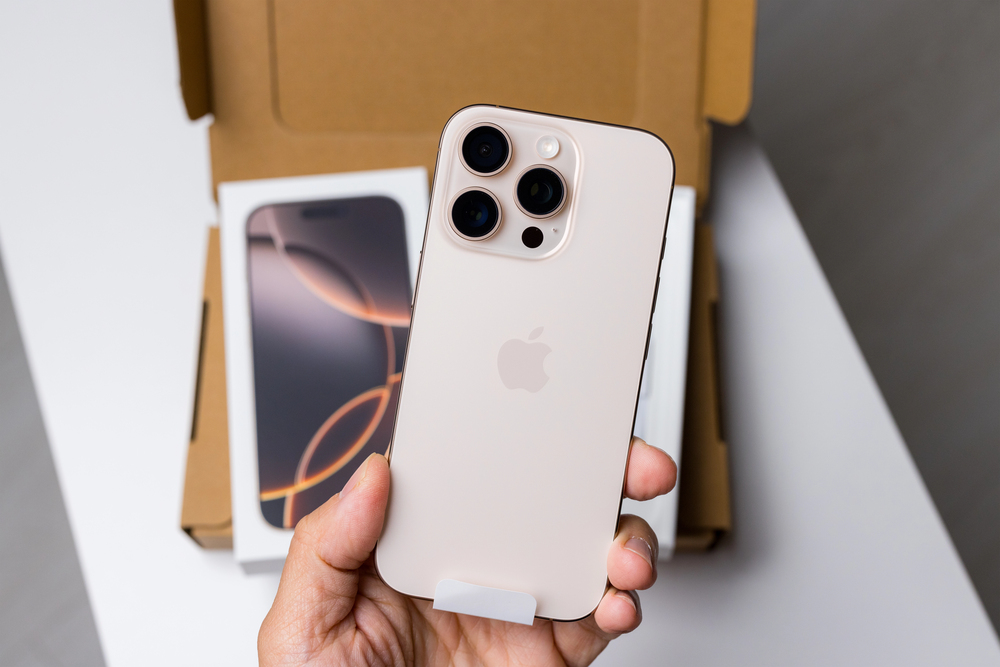
4. Apple Intelligence: Privacy-First, But Playing Catch-Up
Apple’s stance with Apple Intelligence is to put on-device processing and privacy first, with some tasks relegated to its Private Cloud Compute. This architecture results in user data not often exiting the device but also slows down feature development. Whereas iPhone 16 hardware will support AI, the most revolutionary capabilities such as personal context, on-screen awareness, and app actions elude us until at least 2026. Cook’s assurance that Apple is “making good progress on a more personalized Siri” has not helped to dampen frustration, as forums are filled with comments such as “Siri is a complete disappointment” and “Siri isn’t Siri anymore.”
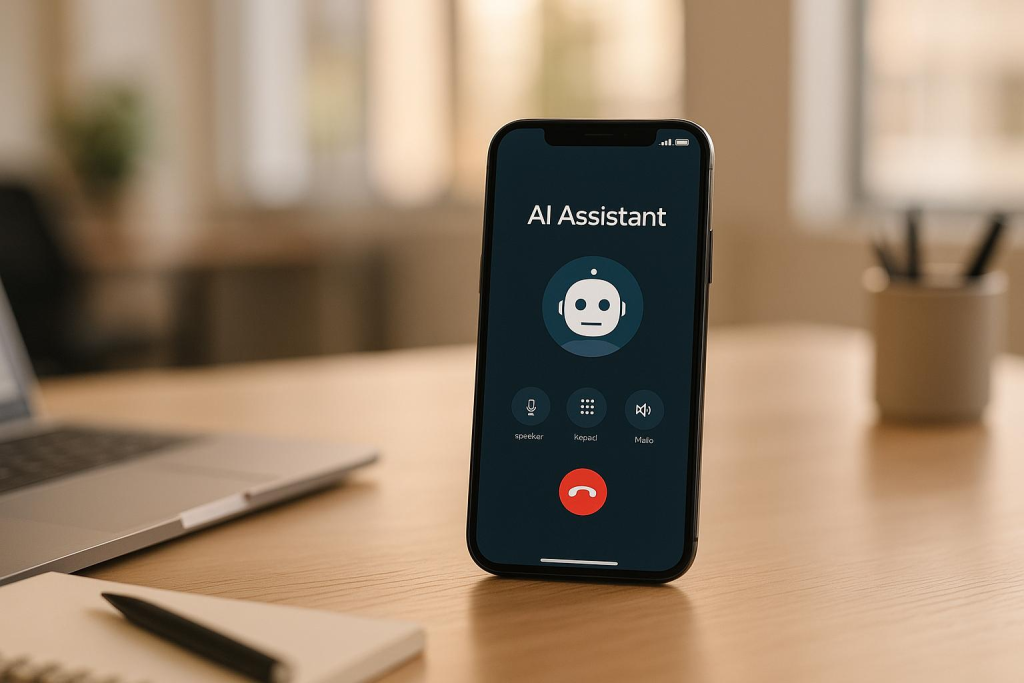
5. Consumer Expectations and the Psychology of AI Assistants
Pixel 10’s aggressive campaign plays on increasing consumer frustration. According to research, voice assistants are now a significant consideration for device sales, with 89% of consumers being influenced by compatibility. However, satisfaction with smartphone-based assistants falls short of that for smart speakers, as consumers see limitations in understanding and reliability. Interestingly, users are more likely to rely on and act on recommendations from human-named assistants such as Siri but also report increased privacy and autonomy concerns when such assistants are activated by voice as opposed to text.

6. Technical Challenges: On-Device AI and Ecosystem Integration
Providing top-notch AI capabilities on smartphones is no easy task. On-device processing requires powerful, efficient chips hence Google’s Tensor G5 and Apple’s reliance on its A-series and M-series silicon. Apple’s delays reflect the difficulty of embedding generative AI into Siri’s framework while maintaining stringent privacy standards. Meanwhile, Google’s cloud-first Gemini offers broader functionality but comes with a higher risk of “hallucinations” confidently incorrect answers especially when context is ambiguous. Apple’s conservative approach keeps hallucination risk low but limits the assistant’s flexibility.
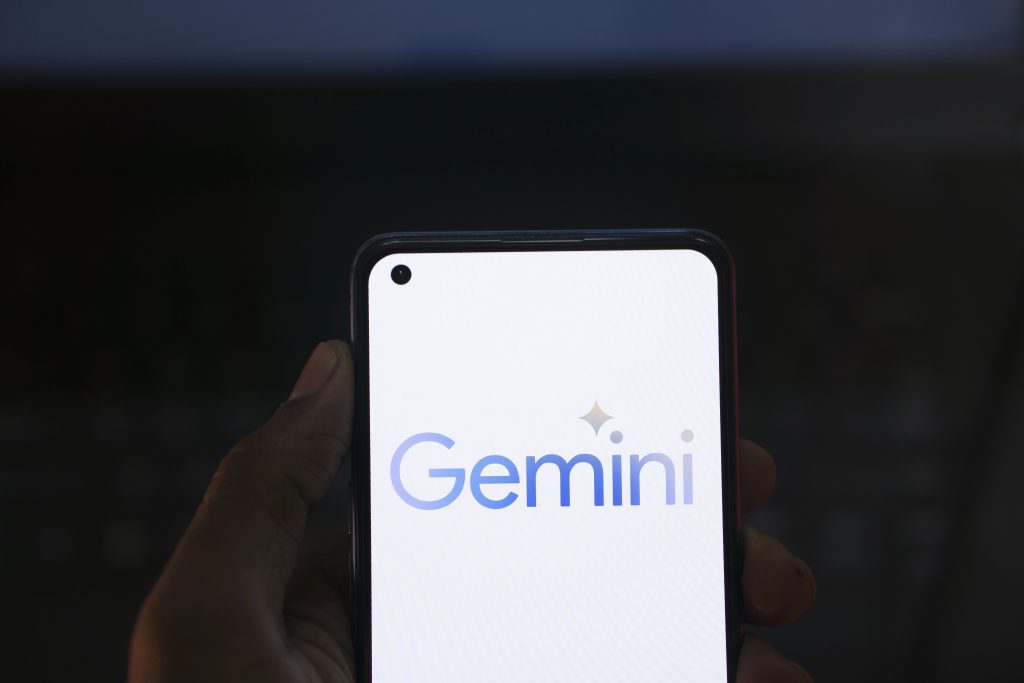
7. The Future: AI as the Deciding Factor in Smartphone Choice
With the Pixel 10, Google is betting that users won’t wait for “soon” if they can have “now.” The device’s AI prowess bolstered by Gemini’s proactive assistance, advanced hardware, and deep Workspace integration sets a new bar for what consumers expect from their phones. Apple, for its part, is banking on privacy and ecosystem stickiness to retain users until Siri’s promised upgrades arrive. As one analyst put it, “Gemini is technically more capable than Apple Intelligence, but it’s also more obscure and harder to trust when it doesn’t show its work.
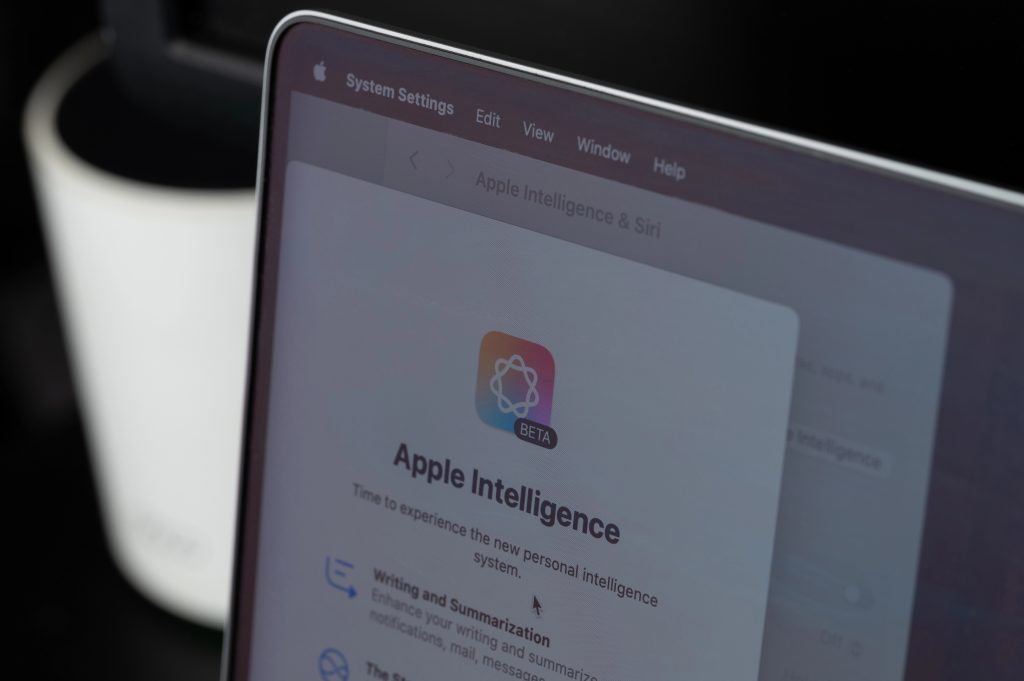
Apple Intelligence doesn’t actually do a whole lot, but it’s deep integration with Apple devices and its promised features could end up making it a long-term winner.” For technology buffs and early adopters, the message is clear: the AI assistant is no longer a sideshow it’s the main event. And in 2025, the distinction between “coming soon” and “already here” could be the difference-maker in the next round of the smartphone wars.
